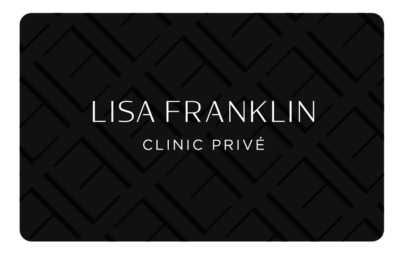Acne Scarring Treatments | Clearer Skin Solutions
Medical Dermatology
Morpheus8
SkinPen Precision Microneedling
BYONIK Laser Treatment
DERMALUX LED Light Therapy
Ultimate Glow Peel
Guide to Acne & Acne Scarring
Acne occurs when hair follicles become clogged with oil (sebum) and dead skin cells. Factors contributing to this condition include:
Hormonal Changes: Fluctuations during puberty, menstrual cycles, pregnancy, or menopause can increase sebum production.
Genetics: A family history of acne can make some individuals more prone to breakouts.
Lifestyle Factors: Stress, diet, and certain medications may exacerbate acne.
Bacterial Growth: The bacteria Cutibacterium acnes thrive in clogged pores, triggering inflammation.
Acne can vary in severity and appearance, ranging from mild to severe forms:
Comedonal Acne: Blackheads and whiteheads caused by clogged pores.
Inflammatory Acne: Papules and pustules that are red and swollen.
Cystic Acne: Painful, deep cysts that often lead to scarring.
Nodular Acne: Hard, large bumps beneath the skin.
Aesthetic treatments for acne and acne scarring focus on reducing active breakouts, improving skin texture, and promoting an even complexion. Options include:
Chemical Peels: These exfoliate the skin’s surface, unclogging pores and reducing scarring.
Microneedling: Stimulates collagen production to smooth atrophic scars and improve skin texture.
Laser Resurfacing: Targets scarred or damaged skin layers with advanced lasers, stimulating collagen or removing the top skin layer.
LED Light Therapy: A non-invasive treatment to reduce bacteria (blue light) and inflammation (red light).
Byonik Laser: Combines hyaluronic acid with red and near-infrared light to repair skin at the cellular level, reducing inflammation and boosting hydration.
Morpheus8: Uses microneedling and radiofrequency energy to remodel the skin’s deeper layers, addressing both scars and skin laxity.
For severe or persistent cases, medical dermatology provides tailored solutions:
Prescription Medications: Includes topical retinoids, benzoyl peroxide, oral antibiotics, hormonal treatments, or isotretinoin for severe cases.
Corticosteroid Injections: Treat inflamed cystic acne, reducing swelling and accelerating healing.
Combination Therapies: Dermatologists often combine in-clinic treatments with customised at-home skincare regimens to optimise outcomes.
Professional Monitoring: Ensures safe, effective management of complex skin conditions like hormonal acne.
Selecting the best treatment depends on several factors, including the severity of acne, type of scarring, skin type, and lifestyle. Consulting with an experienced skincare professional ensures a personalised plan tailored to your unique skin needs.
At Lisa Franklin, we combine scientific precision with a luxurious touch to deliver effective solutions for acne and scarring. Whether you’re addressing active breakouts, reducing scarring, or both, our team is here to guide you on a journey toward smoother, more confident skin.
Save + Benefit
CLINIC PRIVÉ MEMBERSHIP
Save money on your regular treatments and enjoy exclusive privileges too.


















